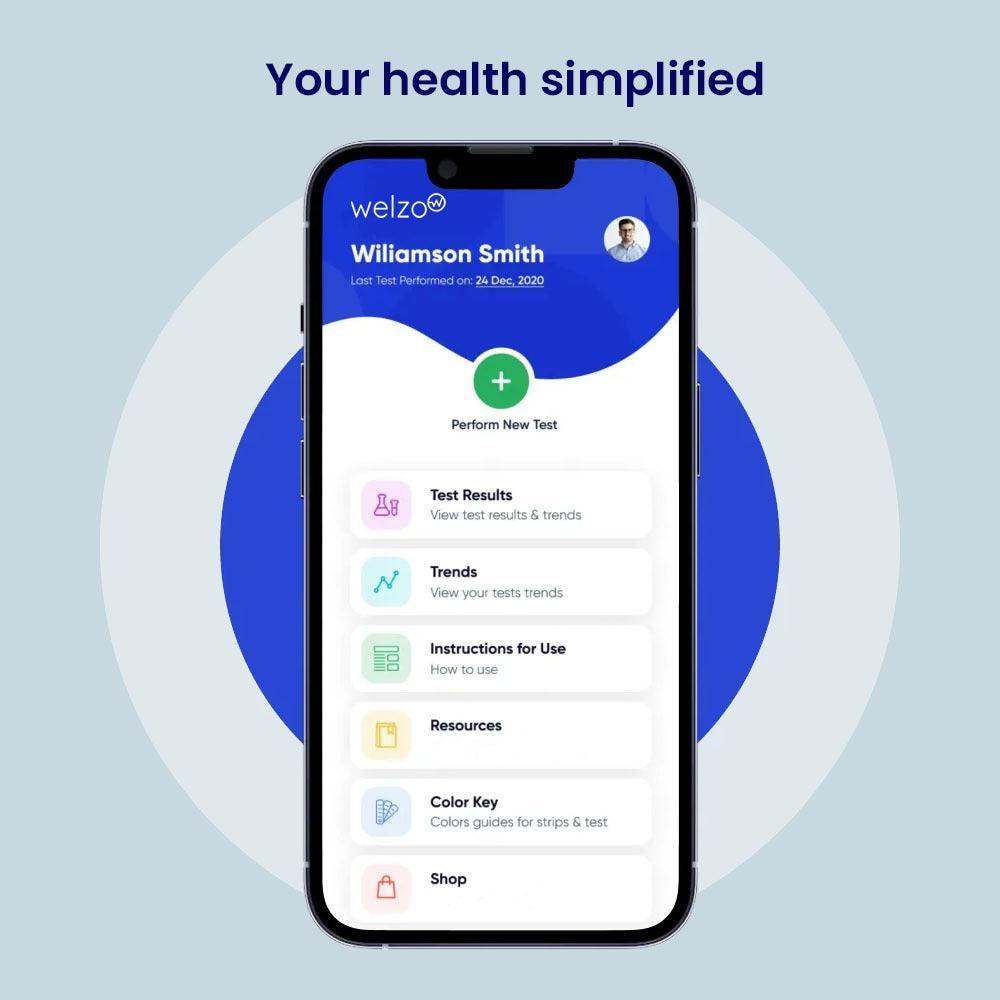FBC Home Blood Test
A Full Blood Count (FBC) Blood Test assesses the different types of blood cells in your body, including platelets as well as both red and white blood cells.
Our kits are suitable for human use only and for adults aged 18+
To ensure prompt processing of your samples, kindly remember to have them collected and sent on weekdays (Mondays to Thursdays). Our Laboratory can run the tests on these specific biomarkers within 24 hours of receiving the samples.
- MPV
- Haematocrit
- MCHC
- RDW
- WBC
- Eosinophils
- Monocytes
- Platelet Count
- Haemoglobin
- MCV
- RBC
- Basophils
- Lymphocytes
- Neutrophils
The UK's Highest Rated Home Testing Provider
- Biomarkers
- Information
Mean corpuscular haemoglobin (MCH)
Platelet Count
Mean corpuscular volume (MCV)
White Blood Cell (WBC)
Eosinophils
Neutrophils
Mean corpuscular haemoglobin concentration (MCHC)
Haemoglobin
Red Blood Cell (RBC)
Basophils
Monocytes
Haematocrit
Red blood cell distribution width (RDW)
Additional Insight from Dr Sameer Nakedar, MBBS, MRCGP, PGCert
When is a full blood count requested?
Additional Information
Why have a FBC Blood Test
It's important to have your blood checked as it's a vital part of your body functioning. The blood is responsible for many vital responses within the body. If your any of the vital proteins, enzymes or cells within the blood are not at healthy levels, it could be the cause of some illnesses.








How to take your Welzo Test
You're one step closer to discovering a healthier you! Taking your Welzo test from the comfort of home is simple and straightforward. Click the link below to learn more about how it works.
























 Rated Excellent by 26,523+ Reviews
Rated Excellent by 26,523+ Reviews